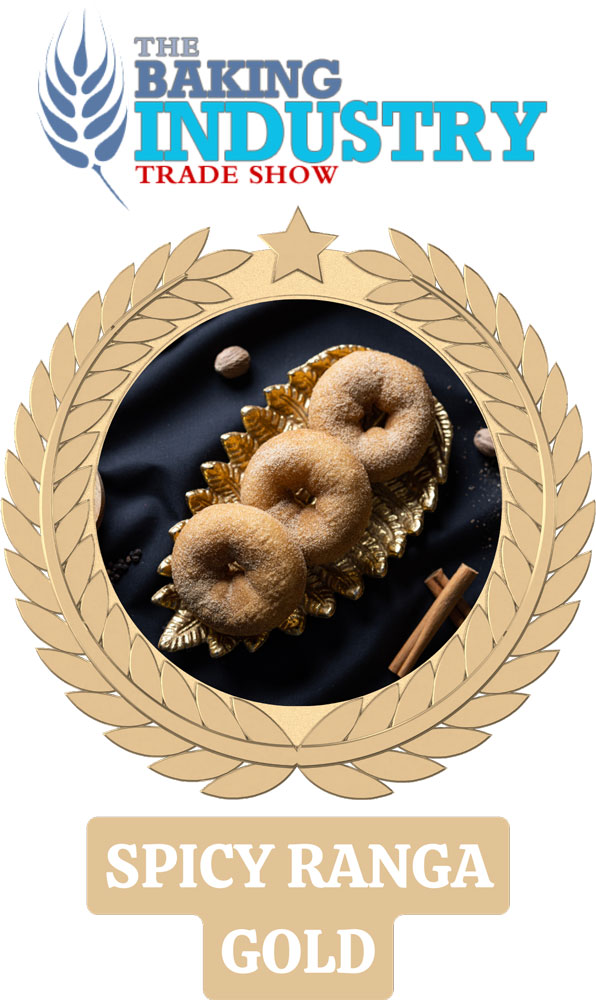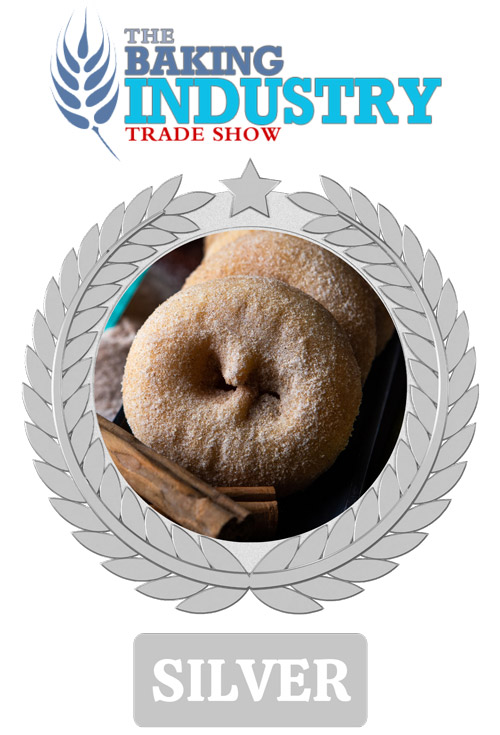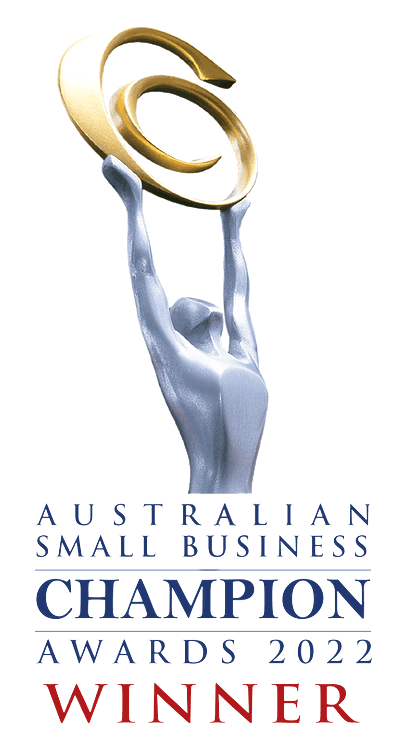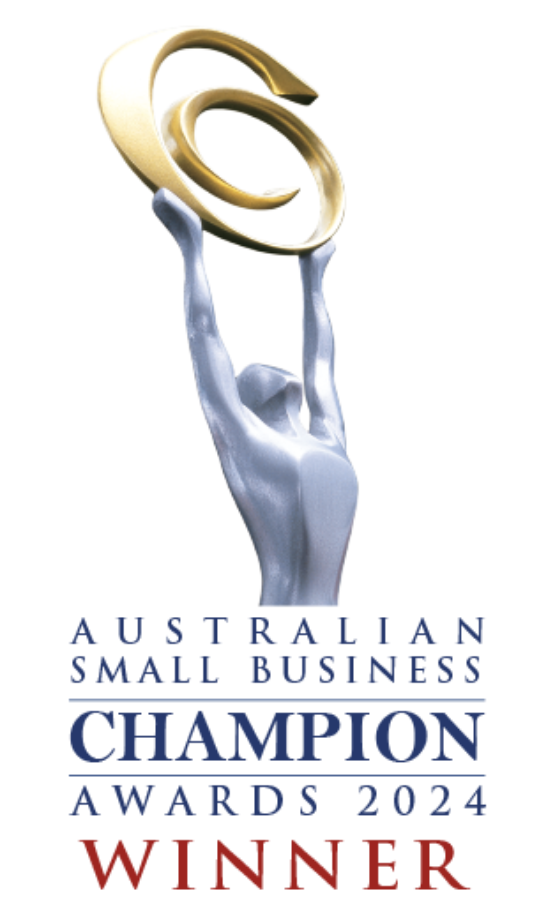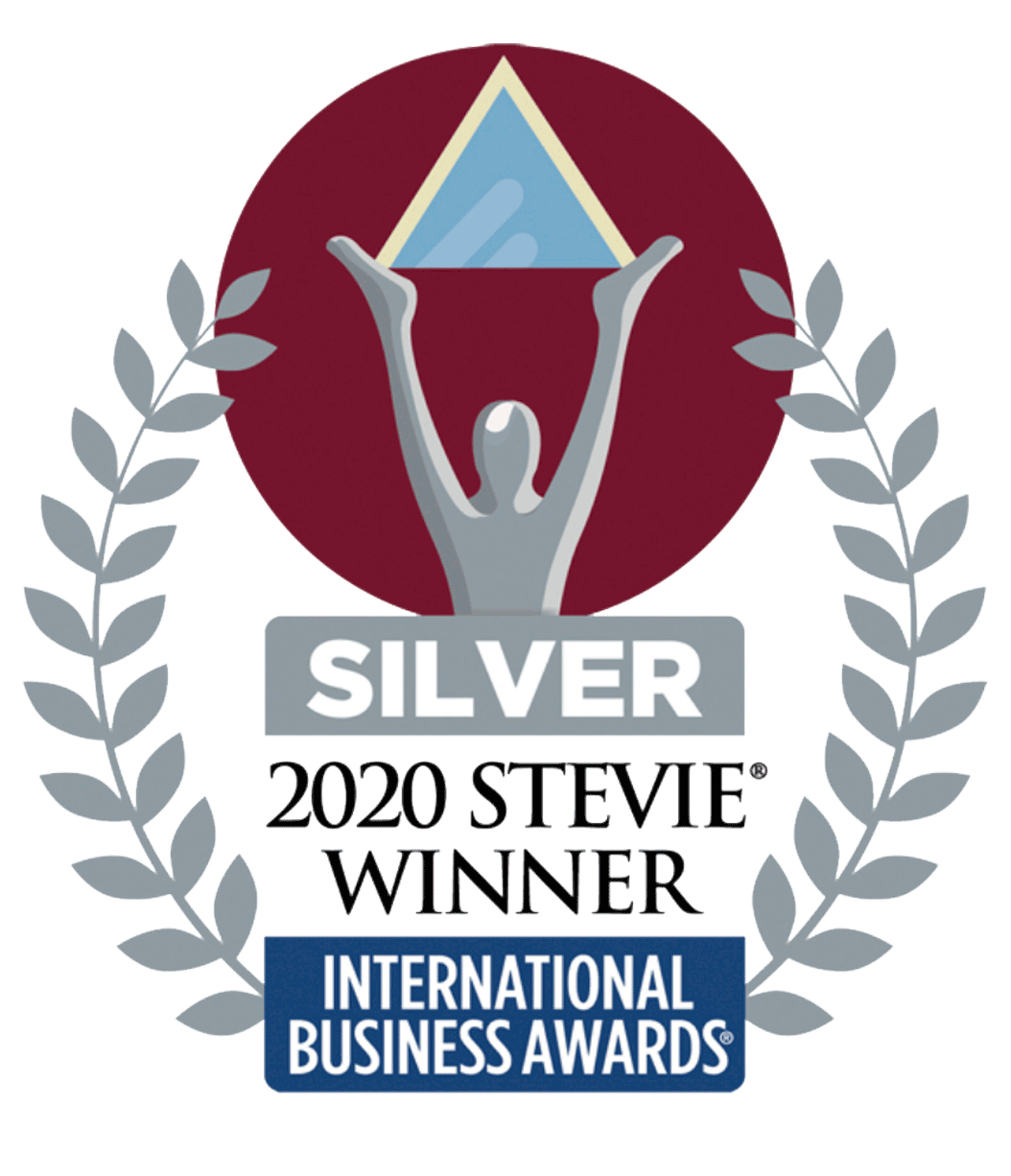Because we have more than 70 independent business owners around Australia and New Zealand (so far), people often assume that we are a franchise, but this is not the case, we are a licensed business model. We wanted to set the record straight about the differences between a franchise business and a licensed business model.
The OMG! Decadent Donut licensed business model has been designed to give people the opportunity to buy into a multi-award winning brand, offer their local community a unique and amazing product, earn (and keep) a great income and join a business network of like-minded individuals. This can be done for a very low price, and as we all know, the lower the price the lower the risk.
The foundation of the OMG! Decadent Donuts licensed model ensures that all our independent business owners are in business for themselves but not by themselves. Each retains 100% of the revenue they earn, which means what they earn stays within their local community. Each sets their own goals, determines their own KPIs and decides where and when they operate. Each is building an asset they own and that they can improve in value and may one day sell.
While our OMG! HQ provides each with a massive amount of marketing material, advice, training and guidance, OMG! licensees do their own marketing.
They choose when, where and how they operate and have multiple ways to make money.
Whilst there are millions of franchised business models that are successful, equally there are plenty of heavy-hitting businesses who operate under a similar licensed model, for example, Telstra Business Technology Centres, Coca Cola Amatil, Universal Music Group and Frucor Suntory, oh and little old OMG! Decadent Donuts.
In the licensing arrangement in Australia and in New Zealand, the licensor grants the licensee the right to use intellectual property (such as trademarks, technology, and products) for a specified period and under certain conditions. The licensee owns their business and operates independently of the licensor. The licensee has more freedom to run the business as they see fit, within the terms of the licence agreement.
Whereas in a Franchise Business Model, the franchisee owns their business but must operate it according to the franchisor’s guidelines. The franchisor has significant control over the franchisee’s business operations. Franchisees usually pay an initial franchise fee, sometimes quite hefty and ongoing royalties based on revenue. Often the franchisor sets KPIs for its franchisees. Typically, there may also be additional fees or levies for marketing, training, and other support services.
Key Differences between a License & Franchise business model:
Control and Independence:
Licensees have more operational independence compared to franchisees, who must adhere strictly to the franchisor’s guidelines.
Support:
Franchisors often offer more comprehensive support and training compared to licensors, however at OMG! we include comprehensive initial one-on-one in-person training as well as ongoing support and skill enhancement for the lifetime of the business and there is no cost for this. This is included in the low-cost buy-in fee.
Fees Structure:
Licensing fees are generally simpler (often a one-time or periodic fee), while franchising involves more complex fee structures, including initial fees, royalties, and possibly other ongoing fees such as marketing levies.
Brand and Business Model:
Franchise businesses often involve a complete business model with an established brand identity, whereas licensing usually pertains to specific intellectual property without a comprehensive business system. OMG! Decadent Donuts does include a wealth of wealth of established brand identity.
Legal and Regulatory Framework:
In Australia, franchising is regulated under the Franchising Code of Conduct, which outlines the rights and responsibilities of franchisors and franchisees, the Australian Consumer Law [formerly the Trade Practices Act] and the Competition and Consumer Act 2010.
Licensing agreements are governed by general contract law and intellectual property law but do not have a specific regulatory framework like franchising.
Licensing enables a business to use another party’s intellectual property, such as trademarks, patents, and copyrights, for a fee, while franchising involves a legal and commercial relationship between the franchisor (the business owner) and the franchisee (party seeking to use the business’s intellectual property).
In Australia and New Zealand, both licensing and franchising are subject to specific legal requirements and regulations. In Australia, franchisors are required to provide a Disclosure Statement and comply with the Franchising Code of Conduct. In New Zealand, there is currently a voluntary Code of Practice operated by the Franchise Association of New Zealand (FANZ).
Licensing offers flexibility, low risk, high revenue potential and additional revenue streams but limited control by the licensor, while franchising offers greater control, high revenue potential but high investment costs, regulatory requirements, and limited flexibility.
The legal requirements for licensing include clearly outlined licence agreement terms, ownership of intellectual property licence, compliance with competition law, and the registration of intellectual property where required.
What is Franchising?
A franchise business, on the other hand, is a more complex business model. It involves a legal and commercial relationship between the franchisor (the owner of the business) and the franchisee (the party seeking to use the business’s intellectual property).
In a franchise agreement, the franchisor grants the franchisee the right to use its brand, business model, and other intellectual property in exchange for a fee or royalty. Unlike in a licensing agreement, the franchisor typically has far more control over how the franchisee operates the business and Key Performance Indicators and may set minimum earnings.
In Australia and in New Zealand, both licensing and franchising offer pros and cons. At the end of the day, we feel that it is the values that are most important to need to align. Here are OMG! Decadent Donuts stated values:
- We value integrity, honesty, inclusivity, kindness, respect and having fun. We value bringing smiles to people’s faces, we value safety. We value enthusiasm.
- In business and in life, we value success but do not seek to define other people’s definition of success.
- We value a sense of community. We value passion.
- We value that other things in life are as important if not more important than business, like family, friends, sports, relaxation, hobbies, flexibility and caring for others.
- We value the autonomy of owning an OMG! independently owned business can bring.
- We value entrepreneurship and equally value that it can be tough to be in business by yourself so we value being able to provide support, transparency, kindness, respect, and fun, from our leadership team to all the OMG! business owners in our network.
- We value independence and ensure that our business owners feel they are in business for themselves but not by themselves.
- We value the ultimate goal of spreading smiles and sharing the OMG! Decadent Donut love as a great way to make a living.
If you feel your values align with ours and would like to explore owning your own OMG! in Australia or New Zealand business, please go to this page and complete our online enquiry.


